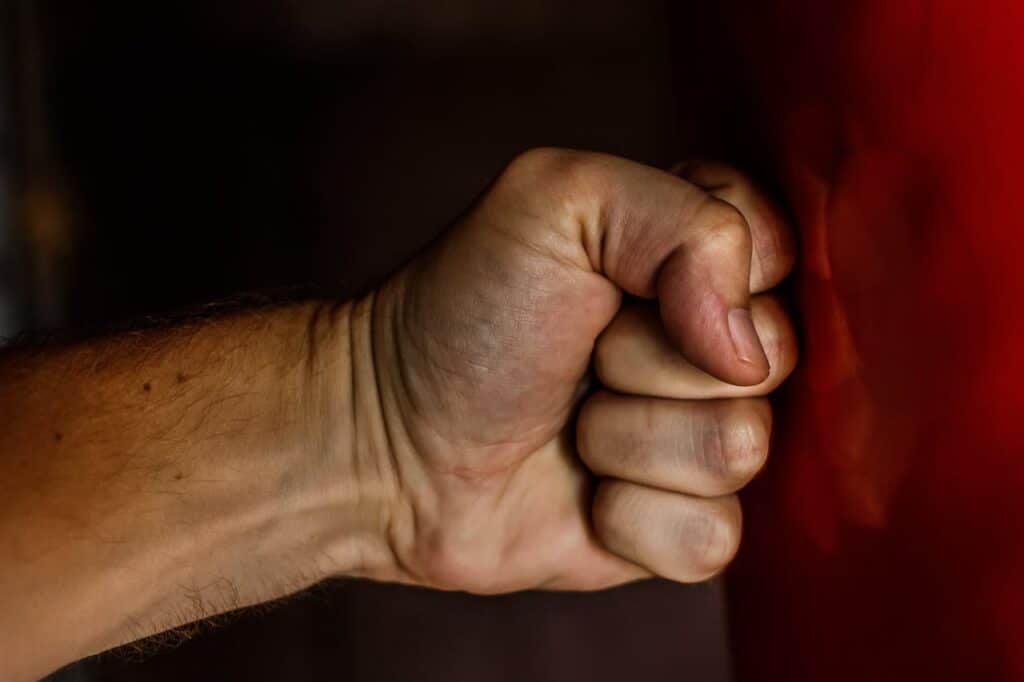Understanding male anger: social acceptability, emotional complexity, and gender differences

Psychiatrists prefer to reduce the complexity of human emotion to four categories: anger, sadness, happiness, and fear. Of the four, anger is the most familiar and comfortable emotion for men.
“Of course, men have other emotions besides anger, they feel sadness, happiness, and fear,” says psychotherapist Avrum Weiss, writing in Psychology Today. However, anger is the only socially acceptable emotion for them, there are many social taboos against men who express their feelings in ways other than anger, we think of angry men as strong and more masculine, and men who express sadness or fear as weak and less masculine.”
Men are attracted to anger because they are allowed to be angry and not allowed to be weak.
Lindsay Dodgson, a writer interested in human behavior, psychology, and mental health, writes on Insider, “Anger is a secondary emotion, meaning that there are always other emotions underneath, such as sadness or hurt. For men, they resort to anger to hide what they are feeling, and fear is often the cause of their anger.”
Ways to express anger

Researchers have found that socialization can influence how men and women handle their anger. “Both men and women have been given misconceptions through their socialization,” says psychologist Sandra Thomas on the American Psychological Association’s website. “Men have been urged to be more public with their anger. Girls are urged to keep their anger limited and low-key.”
Thomas, who has studied women’s and men’s experiences with anger, says, “Anger in men is often seen as ‘masculine’ when men engage in fights or battles and act out their anger physically. “For girls, acting this way is not encouraged because they often get the message that anger is annoying and unfeminine.
“While women are more likely to turn their anger inward and look for a way to blame themselves, men are more likely to lash out because it helps them feel more in control of their emotions, as well as the people around them,” Weiss says.
Are men more angry?

In Thomas’ 1993 study of women’s anger, a large-scale survey of 535 women between the ages of 25 and 66, aimed at finding out why women get angry, she found three common roots for their anger: powerlessness, injustice, and irresponsibility.
However, women do not tend to be as aggressive as men in expressing anger and tend to talk about their anger more. They use more problem-solving techniques when discussing an issue with an angry person.
In another study, Professor Raymond DiGiuseppe, head of the psychology department at St. John’s University in New York, surveyed 1,300 people between the ages of 18 and 90 and found that the differences in the overall anger scores of men and women were not significant, but he did find differences in how they dealt with anger.
Men scored higher on physical aggression, passive aggression, and experiences of impulsive anger. They also often had a drive to avenge their anger.
Women, on the other hand, were found to be angrier for longer, more resentful, and less likely to express their anger, compared to men. DiGiuseppe found that women used indirect aggression by “writing off” more people, to never speak to them again because of their anger.
The professor also found that anger decreases slowly with age, and gender differences in areas of anger diminish for those over 50, although men are still more likely to be aggressive and women are more likely to have longer bouts of anger.




